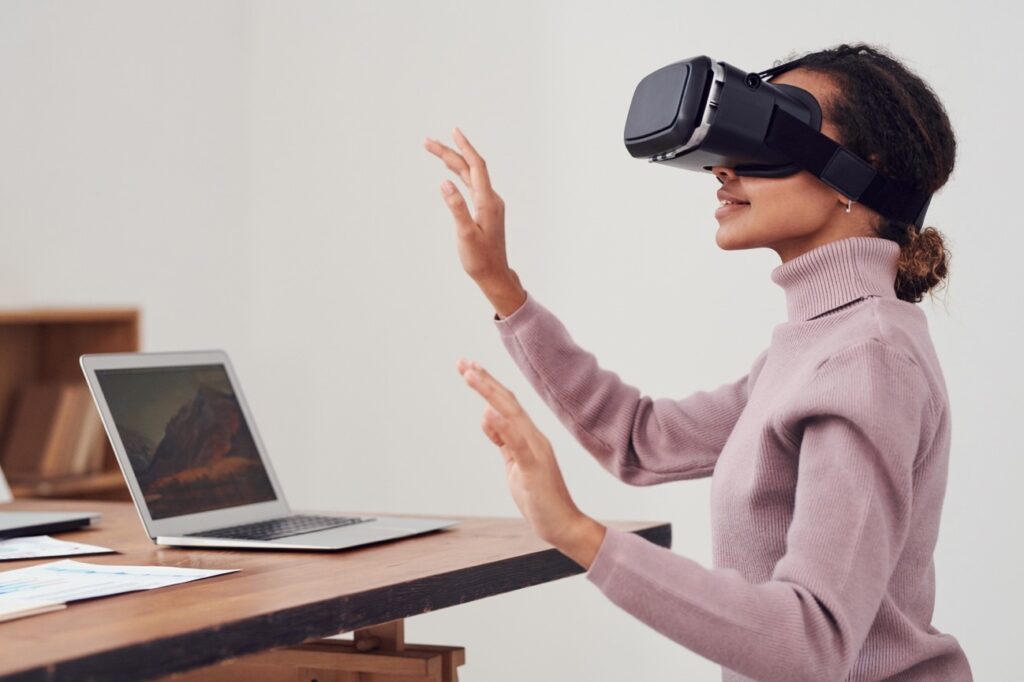Motivational interviewing is a counseling approach for eliciting behavioral changes through the exploration of the client’s ambivalence. We all want to change unhealthy behaviors that we have, yet at the same time we avoid changing; we wish to stay the same because sameness is comfortable and familiar and because change usually entails investing quite a bit of effort. Motivational interviewing engages the client in change talk, amplifying the reasons the client brings up in support of change. This approach goes hand in hand with a verbal expression of non-judgmental acceptance of the clients’ behaviors. It is as if the motivational interviewer mirrors the two voices that the client has inside- one that aspires to change, and one that rejects it while trying to encourage the former.
Motivational interviewing is most definitely the preferred intervention for many behavioral changes and has shown to be effective in bringing about change in diverse health and mental health behaviors. Behavioral changes include helping a patient with diabetes take their medication regularly, helping a patient with heart disease find the motivation to exercise, or assisting individuals dealing with weight problems to change their lifestyle and nutrition. However, the main obstacle these days is not finding a good therapeutic technique or intervention, it is with finding the right professional, with available time, to help you. Psychologists and other health and mental health professionals from around the world agree- there is just not enough affordable mental health care for every person who is in need.
Artificial intelligence using natural language processing in the form of an automated conversational agent could be the solution to that obstacle. Because motivational interviewing is relatively structured and change-oriented, we believe that the concepts of the technique can be employed, at least in part, by artificial intelligence. Harnessing the advantages that technology offers us today, to promote the clinical and professional knowledge we know to be trustworthy and valuable from the work we do with our patients in the clinic, is making the best of both worlds.
As a clinical psychologist, I am interested in helping people. Helping people understand themselves better, more deeply and profoundly, but also helping them realize that it is in their capabilities to help themselves. In times of need, people turn to therapy and use their therapist as a guide in their journey, but the real (and most challenging work) is their own. That is how I approach the therapeutic work I do with my clients. With VirtualBodyWorks and embodiment, people get to experience first-hand just how capable they are. We provide the understanding and the framework for the behavioral and emotional changes, and they counsel themselves, instruct themselves, listen and respond to themselves, alternating between avatars. Technological developments such as artificial intelligence allow clinicians to apply their knowledge to synthesize state-of-the-art guides, which will support individuals in their journey towards better physical and mental health.
The world is heading in this direction, in leaps and bounds. The world of clinical psychology must as well, in terms of clearing the mystical aura around therapeutic work, make it accessible and innovative without diminishing the heartfelt influence it has on our minds and soul. I believe we are coming upon that crossroad in our profession as well as in our society, and I hope to further our understanding of the significance and advantages in my clinical and research work.
About the author
Momi Zisquit is a clinical psychologist and a Ph.D. candidate at the ARL lab run by Prof. Friedman at Reichman University in Israel. She completed her clinical internship at Geha Mental Hospital, working with diverse psychopathologies ranging from severe clinical depression and suicide to trauma and personality disorders. Her Ph.D. thesis regards the application of virtual reality to the field of suicide prevention, building resilience to emotional distress in the general population and preventing suicidality in the clinical population.

